How to Grow Herbs Indoors for Fresh Culinary Flavors
Growing herbs indoors is a great way to bring fresh flavors to your kitchen throughout the year. Whether you’re a seasoned gardener or a beginner, growing herbs indoors is easy and rewarding. Not only do herbs add flavor and nutrition to your meals, but they also have many health benefits.
Benefits of Growing Herbs Indoors
Growing herbs indoors is a great way to have fresh, organic herbs at your fingertips all year round. You don’t have to worry about the weather, pests, or other outdoor factors that can affect the growth of your herbs. Indoor herbs are also convenient and cost-effective. You can save money by growing your own herbs instead of buying them at the grocery store.
Additionally, herbs have many health benefits. They contain essential vitamins and minerals that are important for overall health. They also have medicinal properties that can help with a variety of health issues, such as inflammation, digestion, and anxiety.
Choosing the Right Herbs
Before you start growing herbs indoors, it’s important to choose the right herbs for your needs. Consider the flavors and aromas that you enjoy, as well as the health benefits that you’re looking for. Some popular herbs for indoor growing include basil, mint, parsley, rosemary, thyme, and cilantro.
It’s also important to consider the growing conditions of your home. Some herbs require more sunlight than others, while others need more water or humidity. Make sure to choose herbs that will thrive in the conditions of your home.
Setting Up Your Indoor Herb Garden
Once you’ve chosen your herbs, it’s time to set up your indoor herb garden. You’ll need containers, soil, and seeds or seedlings. Make sure to choose containers that are the right size for your herbs and that have drainage holes to prevent overwatering.
Fill your containers with soil and plant your seeds or seedlings according to the instructions on the package. Water your herbs regularly and provide them with the right amount of sunlight and humidity. With a little care and attention, your indoor herb garden will thrive and bring fresh flavors to your kitchen all year round.
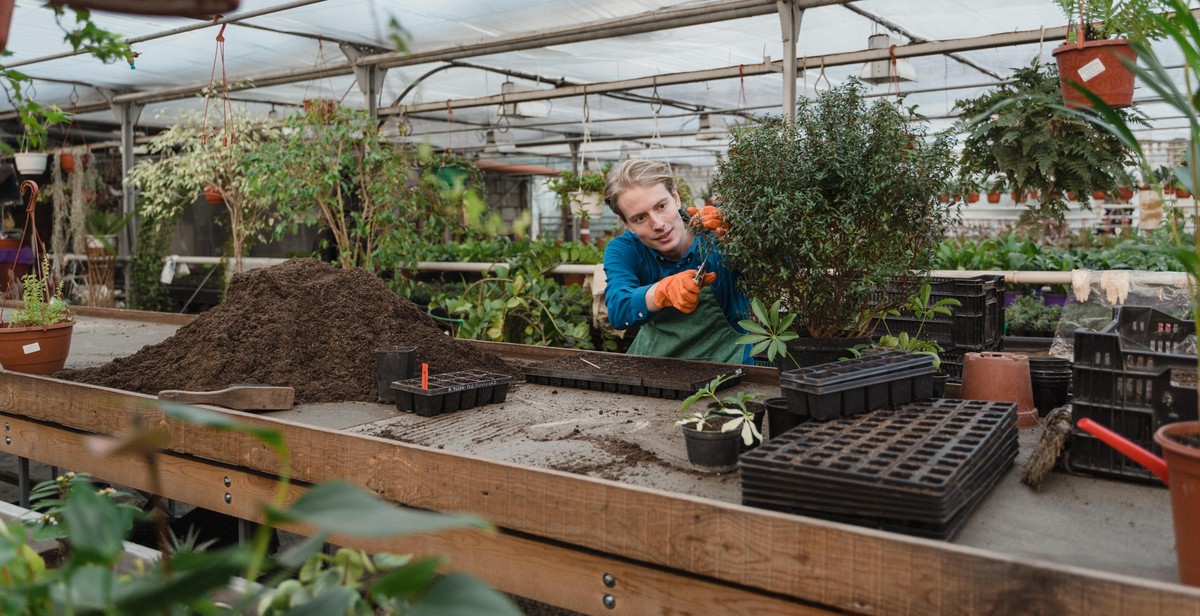
Benefits of Growing Herbs Indoors
Growing herbs indoors has become increasingly popular in recent years due to the many benefits it offers. Here are some of the top benefits of growing herbs indoors:
Fresh and Flavorful Herbs
One of the biggest benefits of growing herbs indoors is that it allows you to have fresh and flavorful herbs at your fingertips year-round. Whether you’re a seasoned chef or a beginner cook, having access to fresh herbs can elevate the flavor of any dish.
Cost-effective and Convenient
Growing herbs indoors is also a cost-effective and convenient way to have fresh herbs on hand. Instead of constantly buying expensive herbs at the grocery store, you can grow your own herbs for a fraction of the cost. Plus, having herbs readily available in your home is much more convenient than having to make a special trip to the store.
Year-round Availability
Another benefit of growing herbs indoors is that you can enjoy fresh herbs year-round. Unlike outdoor gardens that are subject to seasonal changes and weather conditions, indoor herb gardens allow you to grow herbs regardless of the time of year.
Aesthetically Pleasing Decor
In addition to the culinary benefits, growing herbs indoors can also be a great way to add some greenery and visual interest to your home. Indoor herb gardens can be a beautiful and unique addition to any room, and they can even improve air quality!
| Benefits of Growing Herbs Indoors |
|---|
| Fresh and flavorful herbs |
| Cost-effective and convenient |
| Year-round availability |
| Aesthetically pleasing decor |
Overall, growing herbs indoors is a great way to enjoy fresh and flavorful herbs while also adding some greenery and visual interest to your home. Whether you’re a seasoned gardener or a beginner, an indoor herb garden is a fun and rewarding project that anyone can enjoy.
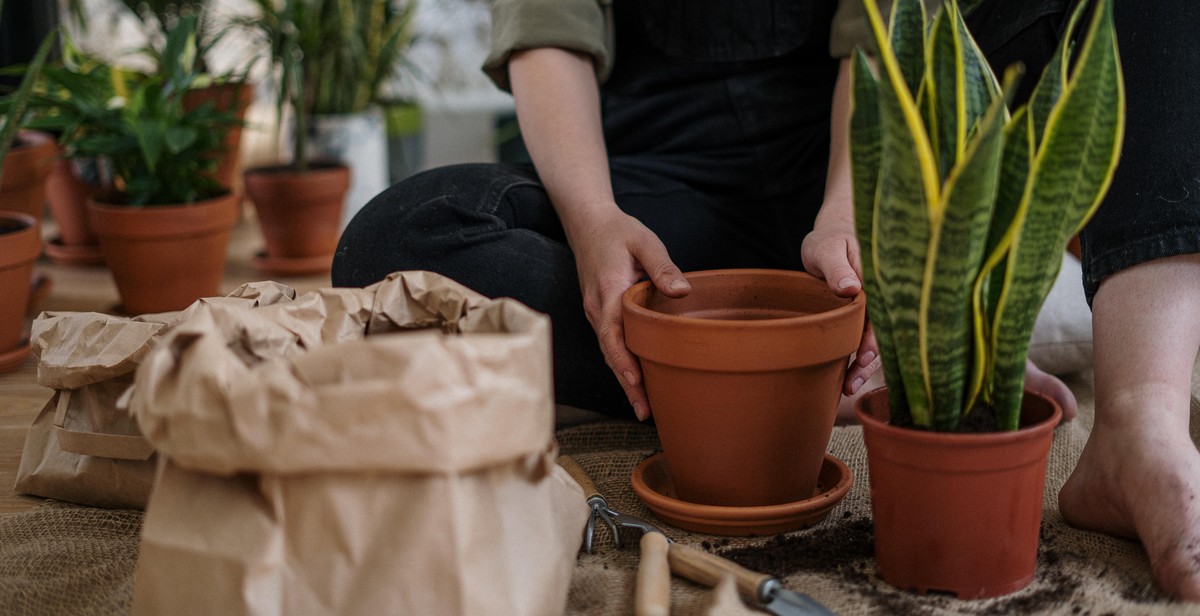
Choosing the Right Herbs for Indoor Gardening
When it comes to indoor herb gardening, choosing the right herbs is essential for a successful harvest. Here are some popular herbs that are easy to grow indoors:
Basil
Basil is a versatile herb that adds a fresh, sweet flavor to many dishes. It grows well in containers and needs plenty of sunlight and well-draining soil. Regular pruning encourages bushy growth and prevents the plant from becoming too leggy.
Mint
Mint is a fragrant herb that adds a refreshing flavor to salads, drinks, and desserts. It grows quickly and can become invasive, so it’s best to plant it in a separate container. Mint prefers moist soil and partial shade.
Chives
Chives are a mild-flavored herb that adds a subtle onion flavor to dishes. They grow well in containers and need at least six hours of sunlight per day. Chives prefer well-draining soil and regular watering.
Parsley
Parsley is a popular herb that adds a fresh, bright flavor to many dishes. It grows well in containers and needs at least six hours of sunlight per day. Parsley prefers well-draining soil and regular watering.
Rosemary
Rosemary is a woody herb that adds a savory, earthy flavor to meats, vegetables, and bread. It grows well in containers and needs plenty of sunlight and well-draining soil. Rosemary prefers dry soil and should be watered sparingly.
Thyme
Thyme is a versatile herb that adds a savory, aromatic flavor to many dishes. It grows well in containers and needs plenty of sunlight and well-draining soil. Thyme prefers dry soil and should be watered sparingly.
By choosing the right herbs for your indoor garden and providing them with the proper care, you can enjoy fresh culinary flavors all year round.
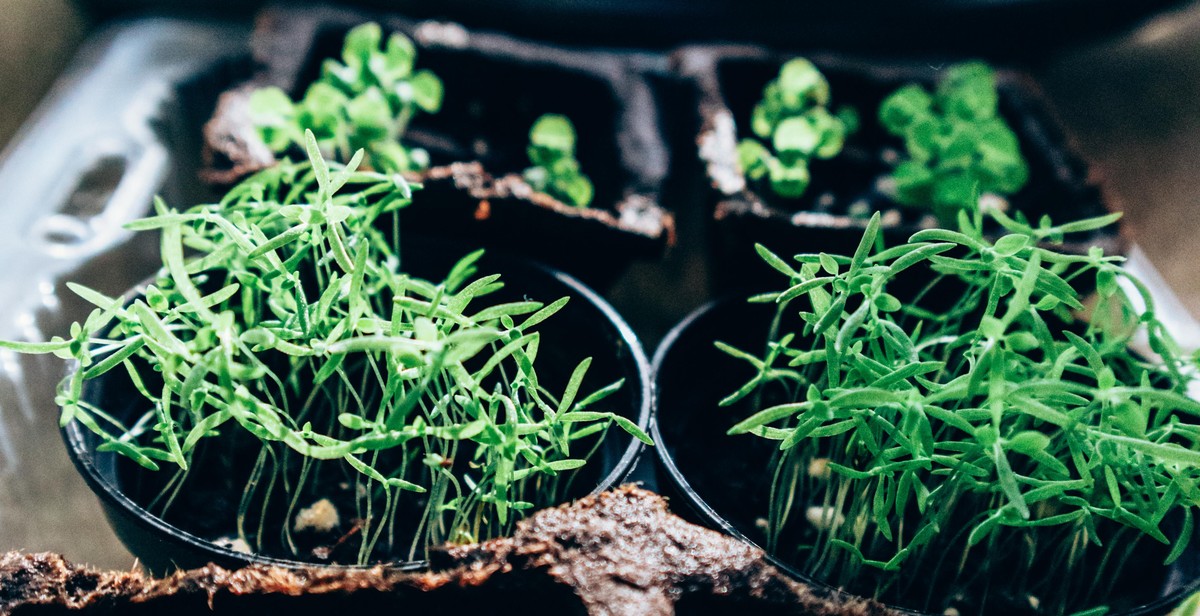
Creating the Ideal Environment for Your Indoor Herb Garden
When it comes to growing herbs indoors, creating the right environment is crucial to their success. Here are the key factors to consider:
Lighting
Herbs need plenty of light to grow, so it’s important to place your indoor herb garden near a window that gets at least six hours of sunlight per day. If natural light is limited, consider using artificial grow lights to supplement. Position the lights 6-12 inches above the plants and keep them on for 12-16 hours per day.
Temperature and Humidity
Most herbs prefer temperatures between 60-70 degrees Fahrenheit. Keep your indoor herb garden away from drafty areas and vents. In terms of humidity, herbs generally prefer moderate levels. If the air in your home is particularly dry, consider using a humidifier or placing a tray of water near the plants.
Soil and Fertilizer
Choose a high-quality potting soil that is well-draining and nutrient-rich. Avoid using garden soil, which can be too heavy and may contain pests or diseases. Fertilize your herbs every 2-4 weeks with a balanced liquid fertilizer or an organic option like compost or worm castings.
Container Size and Type
The size and type of container you choose will depend on the specific herbs you’re growing and the amount of space you have available. Generally, herbs prefer containers that are at least 6-8 inches deep and have drainage holes. Consider using terra cotta or ceramic pots, which are porous and allow for better airflow.
| Key Factors | Optimal Conditions |
|---|---|
| Lighting | 6+ hours of sunlight per day or artificial grow lights for 12-16 hours per day |
| Temperature | 60-70 degrees Fahrenheit |
| Humidity | Moderate levels |
| Soil and Fertilizer | Well-draining, nutrient-rich soil and fertilize every 2-4 weeks |
| Container Size and Type | At least 6-8 inches deep with drainage holes, terra cotta or ceramic pots |
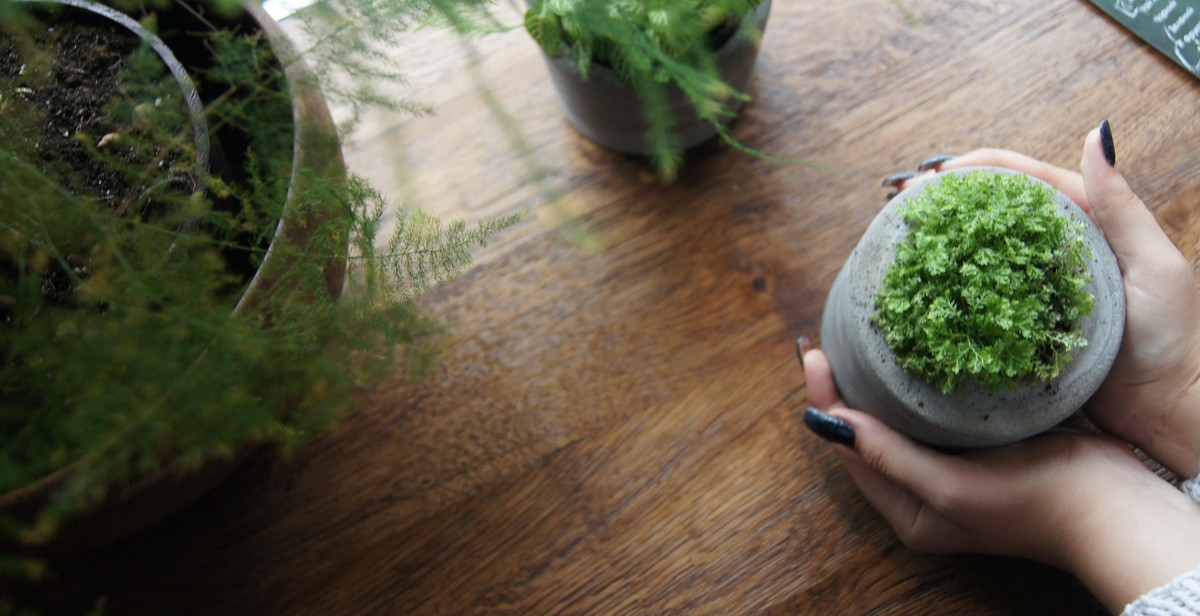
Planting and Caring for Your Indoor Herb Garden
Indoor herb gardens are a great way to enjoy fresh herbs all year round. Here are some tips for planting and caring for your indoor herb garden:
Preparing Your Container
Choose a container that is at least 6 inches deep and has drainage holes to prevent waterlogging. Fill the container with a good quality potting mix, leaving about an inch of space at the top.
Planting Your Herbs
Choose herbs that are suitable for indoor growing, such as basil, chives, cilantro, mint, oregano, parsley, rosemary, sage, and thyme. Plant the herbs according to their individual needs, spacing them appropriately and covering their roots with soil. Label each herb so you can keep track of them.
Watering and Feeding Your Herbs
Water your herbs regularly, but do not overwater them. The top inch of soil should be dry before you water them again. Feed your herbs with a balanced fertilizer every few weeks to keep them healthy and thriving.
Pruning and Harvesting Your Herbs
Prune your herbs regularly to encourage bushy growth and prevent them from getting too leggy. Harvest your herbs frequently to promote new growth and to enjoy fresh culinary flavors. Use sharp scissors or pruning shears to avoid damaging the plants.
| Herb | Light Requirements | Watering Needs | Feeding Needs |
|---|---|---|---|
| Basil | Bright, direct sunlight | Regular watering | Weekly feeding |
| Chives | Bright, indirect sunlight | Regular watering | Monthly feeding |
| Cilantro | Bright, indirect sunlight | Regular watering | Weekly feeding |
| Mint | Bright, indirect sunlight | Regular watering | Weekly feeding |
| Oregano | Bright, direct sunlight | Regular watering | Monthly feeding |
| Parsley | Bright, indirect sunlight | Regular watering | Weekly feeding |
| Rosemary | Bright, direct sunlight | Infrequent watering | Monthly feeding |
| Sage | Bright, direct sunlight | Infrequent watering | Monthly feeding |
| Thyme | Bright, direct sunlight | Infrequent watering | Monthly feeding |
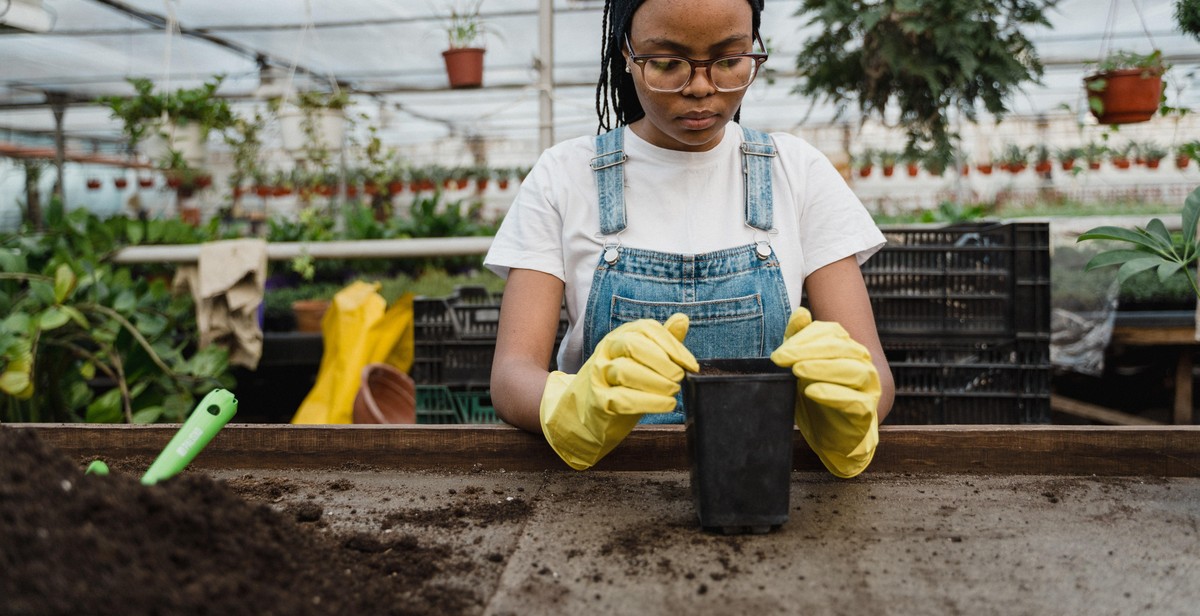
Creative Ways to Use Your Homegrown Herbs
Once you have grown your herbs successfully, it’s time to start using them in your daily life. Here are some creative ways to use your homegrown herbs:
Cooking and Baking
Herbs can add a fresh and aromatic flavor to your dishes. Use them in your favorite recipes to enhance the taste and aroma. For example, you can add basil to your tomato sauce, thyme to your roasted chicken, or rosemary to your bread dough.
Infusing Oils and Vinegars
You can infuse your oils and vinegars with herbs to make them more flavorful. Simply add your herbs to a jar with your preferred oil or vinegar, let it sit for a few weeks, and strain. Your flavored oil or vinegar is now ready to use in your cooking and salads.
Creating Herbal Teas
Herbal teas are not only delicious but also have many health benefits. You can use your homegrown herbs to create your own blends. For example, you can mix mint and chamomile for a relaxing tea or lemon balm and ginger for a refreshing one.
Making Natural Beauty Products
Herbs have many cosmetic benefits and can be used to make natural beauty products. For example, you can use lavender to make a calming body scrub or rosemary to make a stimulating hair rinse. The possibilities are endless!
Using your homegrown herbs in these creative ways will not only add flavor and aroma to your life but also provide many health and beauty benefits.
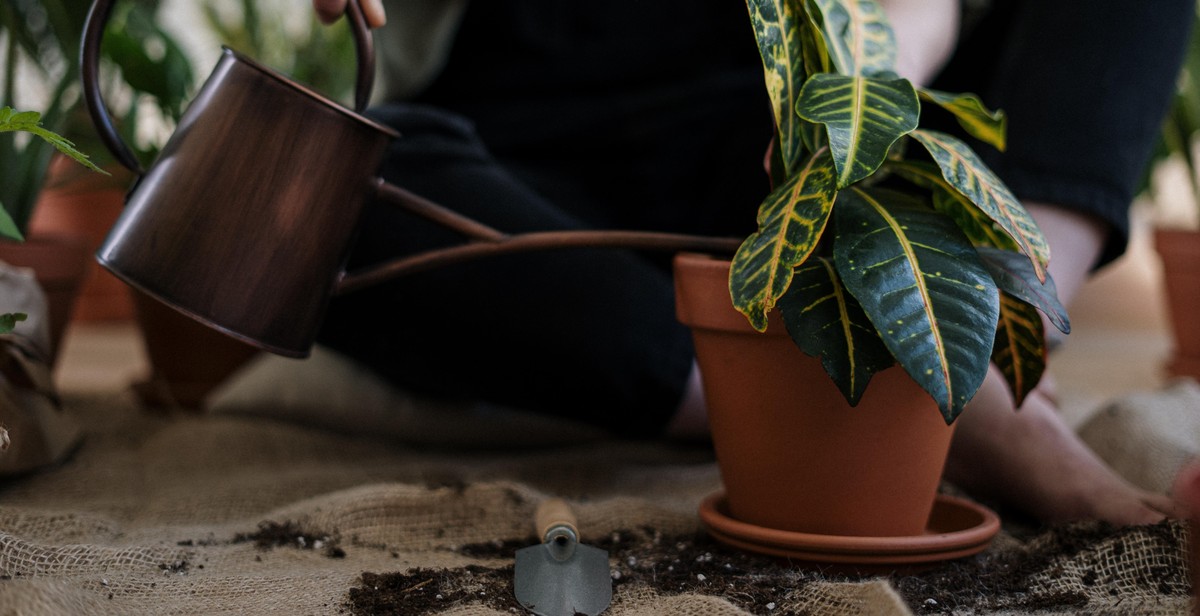
Conclusion
Growing herbs indoors is a great way to have fresh culinary flavors right at your fingertips. With a little bit of planning and care, you can enjoy a steady supply of herbs all year round. Remember to choose the right herbs for your indoor garden, provide them with adequate light, water, and nutrients, and keep an eye out for pests and diseases.
Tips for Success
- Choose the right herbs for your indoor garden
- Provide adequate light, water, and nutrients
- Monitor for pests and diseases
- Prune regularly to encourage bushier growth
- Harvest regularly to promote continued growth
Benefits of Growing Herbs Indoors
Growing herbs indoors has many benefits, including:
- Convenience – you can have fresh herbs right in your kitchen
- Cheaper than buying fresh herbs at the grocery store
- Health benefits – herbs are packed with nutrients and can boost your immune system
- Environmental benefits – growing your own herbs reduces your carbon footprint
Final Thoughts
Growing herbs indoors is a fun and rewarding hobby that can enhance your cooking and improve your health. With a little bit of effort and care, you can enjoy fresh herbs all year round and add a touch of green to your home. Happy gardening!
